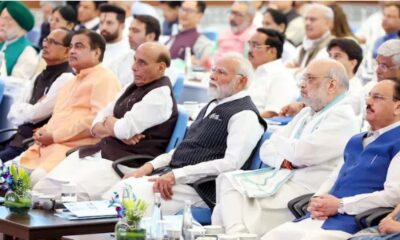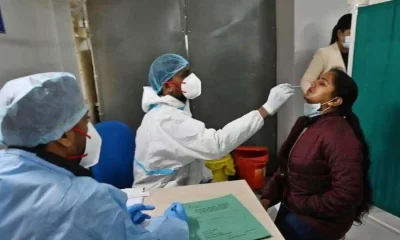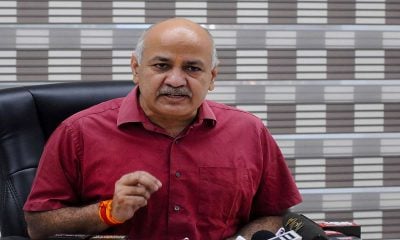India News
Delhi, Mumbai out of Covid doses ahead of Phase III of inoculation, say officials
Just two days ahead of the phase III of the national vaccination drive, the Delhi government on Thursday said the city doesn’t have Covid vaccine.
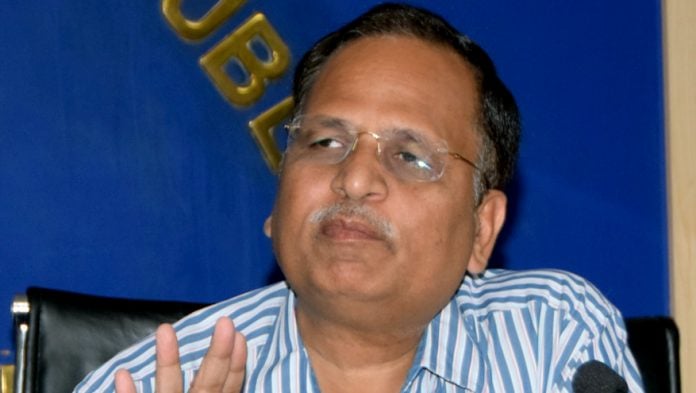
India News
RSS not seeking political power, focused on uniting Hindu society, says Mohan Bhagwat
RSS chief Mohan Bhagwat said the organisation is not seeking political power but is focused on uniting Hindu society and promoting character-building during an interaction with athletes in Meerut.
India News
BJP MLA Vungzagin Valte dies after prolonged battle with injuries from Manipur violence
Manipur BJP MLA Vungzagin Valte has died in Gurugram nearly two years after suffering severe injuries in the 2023 ethnic violence in Imphal.
India News
Amit Shah launches Rs 6,900 crore Vibrant Village Programme-II in Assam
Amit Shah has launched the Rs 6,900 crore Vibrant Village Programme-II in Assam to develop 140 villages along the Bangladesh border with improved infrastructure and employment opportunities.
-
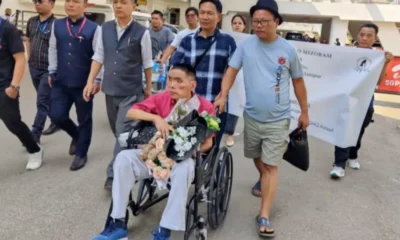
 India News23 hours ago
India News23 hours agoBJP MLA Vungzagin Valte dies after prolonged battle with injuries from Manipur violence
-

 India News23 hours ago
India News23 hours agoNo option left: Supreme Court issues extraordinary order in Bengal SIR case
-

 India News23 hours ago
India News23 hours agoAmit Shah launches Rs 6,900 crore Vibrant Village Programme-II in Assam
-

 Latest world news9 hours ago
Latest world news9 hours agoTrump signs 10% global tariffs after US Supreme Court setback
-

 Latest world news9 hours ago
Latest world news9 hours agoPM Modi meets Sri Lankan President Dissanayake at AI summit, reviews connectivity agenda
-

 India News9 hours ago
India News9 hours agoRSS not seeking political power, focused on uniting Hindu society, says Mohan Bhagwat
-

 Latest world news6 mins ago
Latest world news6 mins agoIndia studying implications after US Supreme Court strikes down Trump’s global tariffs




